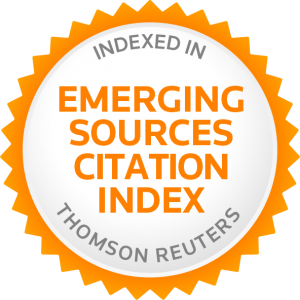STORYBOOK NARRATIVES IN MANDARIN-SPEAKING PRE-ADOLESCENTS WITH AND WITHOUT AUTISM SPECTRUM DISORDER: INTERNAL STATE LANGUAGE AND THEORY OF MIND ABILITIES
Wen-hui Sah/ National Chengchi University, Paochuan Torng/ National Taipei University of Nursing and Health Sciences
This study investigated the ability of Mandarin-speaking pre-adolescents with autism spectrum disorder (ASD) to use internal state language (ISL) in narratives. The data consist of narratives from pre-adolescents with ASD and typically developing controls, matched on gender, language and cognitive abilities. The narratives were elicited using Frog, where are you? Participants’ use of ISL was assessed by focusing on lexical expressions referring to emotion, desire, cognition and perception. In addition, the Chinese Theory of Mind Tasks were administered to measure participants’ theory-of-mind (ToM) abilities. The results reveal no group differences in basic narrative measures or in ToM performance. The two groups of participants were comparable in their overall use of ISL and in reference to individual category of internal states. In addition, our results displayed no association between the use of ISL and ToM abilities. The importance of the matching variables and the limitation of the ToM test batteries were discussed.
Key words: autism spectrum disorder, internal state, theory of mind, Mandarin-speaking pre-adolescent



